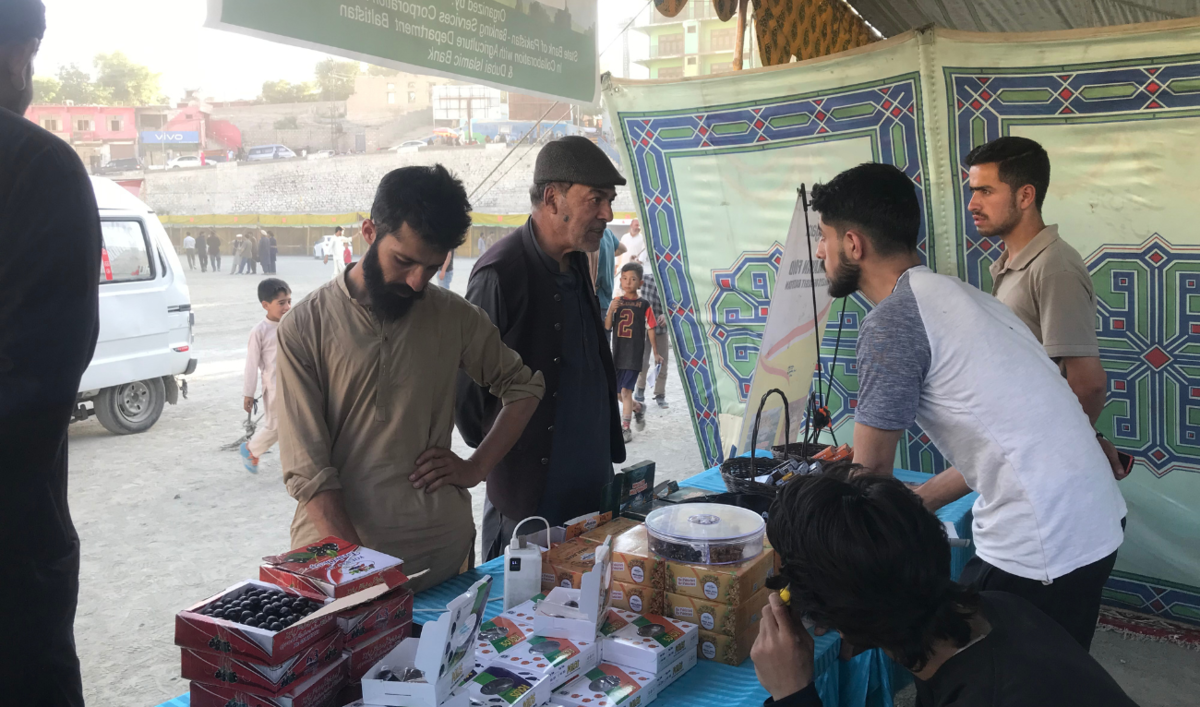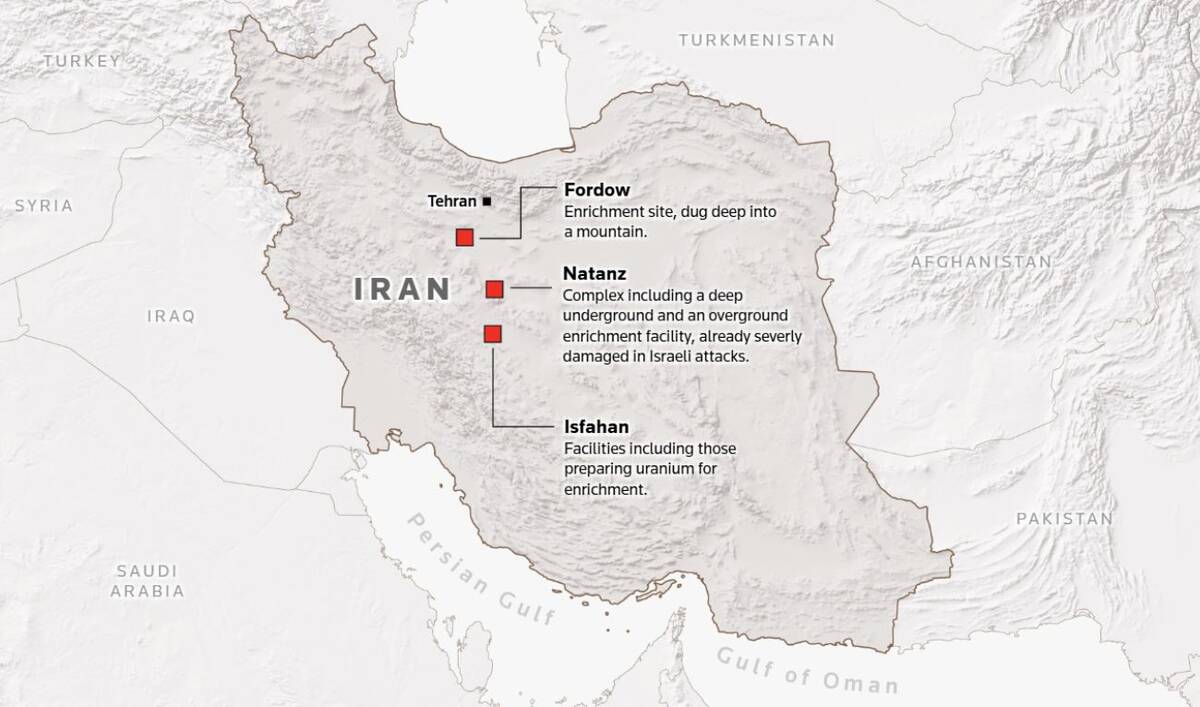KARACHI: Pakistan’s cotton arrival at ginning factories has declined by 37 percent on a year-on-year basis, the Pakistan Cotton Ginner’s Association (PCGA) said on Tuesday, following last summer’s catastrophic floods that washed away major crops on large swathes in the South Asian country.
Torrential rains that began in mid-June triggered floods and wreaked havoc across much of Pakistan. Raging floodwaters inundated a third of Pakistan, devastated cotton, rice and other crops, and caused more than $30 billion in economic losses.
Cotton ginners in Pakistan received 4.6 million bales by January 01 as compared to 7.3 million bales they received during the same period last year, according to the PCGA data. The arrival of cotton from Sindh, where the crop was largely destroyed, declined by 47 percent to 1.9 bales, while the number of cotton bales coming from Punjab declined by 28 percent to 2.8 million.
Cotton is the main raw material of Pakistan’s largest exporting sector, textile, which contributes around 60 percent to the overall exports of the country. Pakistani textile millers expected the country to have less than 5 million cotton bales after the floods, but termed the arrival of the produce “encouraging.”
“The arrival of cotton is encouraging as the sector was expecting around 4.5 million,” Asif Inam, chairman of the All Pakistan Textile Mills Associations (APTMA), told Arab News.
“The country will have to import less cotton in the wake of local output.”
Pakistan’s textile sector requires 14 million bales to meet its annual demand for domestic and export purposes. The sector is expecting to import around 6.5 million bales after the drastic cut in cotton output.
Inam, however, warned that textile exports would decline below $1 billion for a number of reasons, including slow imports due to foreign currency shortage and working capital constraints.
“The country’s textile exports will decline below $1 billion from January 2023 because of the liquidity crunch as millers’ around Rs400 to Rs500 billion refunds are stuck up due to which people are facing liquidity issues,” the APTMA chief said.
Cotton analysts said the country would have to import around 6.5 million bales out of which the millers have already signed import contracts for more than 5 million bales.
“The millers have so far made contracts for the import of 5.2 million bales, while contracts for more imports are in the pipeline,” Naseem Usman Osawala, a senior cotton broker and analyst, told Arab News.
“Due to slow processing of letters of credit (LCs), imports have decelerated which has led to an increase of prices in the local market to around Rs1,000 per bale.”
The South Asian nation has imported $1.6 billion worth of cotton from July to November, which is only 3 percent higher than the same period of the last fiscal year.
Pakistan’s cotton production has also been shrinking and has witnessed a massive decline over the last few years.
“The cotton output in Pakistan is declining mainly due to the climate change-related issues and reduction in cultivation area,” PCGA Chairman Chaudhry Waheed Arshad told Arab News.
“Currently only 471 ginning factories are operational out of 900 registered facilities. The operational factories are also under utilization and operate at 30 percent capacity.”
Cotton farmers in the southern Sindh province, which had 80 percent of its areas hit by floods, are less optimistic about any further output after the cotton-producing belt was hit hard.
“Major flood-hit districts where cotton-growing belt lies, including Noshero Feroz, Sanghar, Khairpur, Tando Allahyar and Mirpurkhas, were declared calamity-hit areas,” Nabi Bux Sathio, senior vice president at the Sindh Chamber of Agriculture, told Arab News.
“Cotton production has suffered huge losses while hopes for next sowing season are also dim as floodwater still stands in around 30 percent of the rural areas.”



















